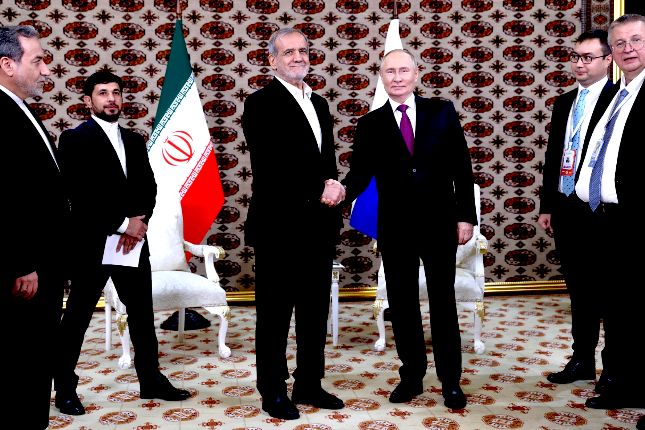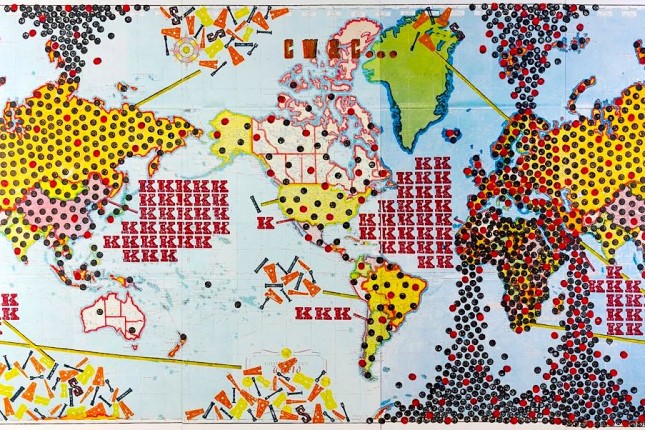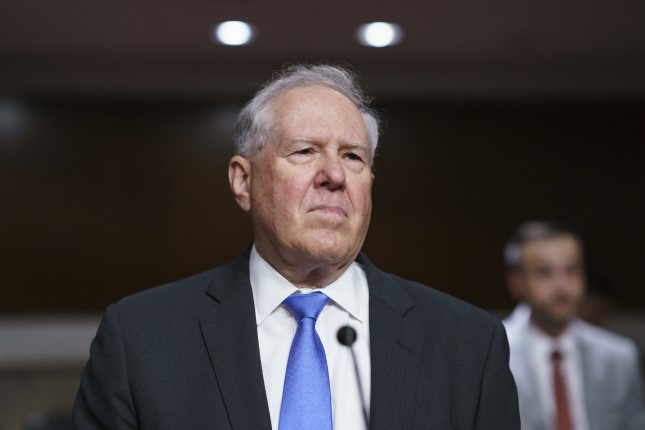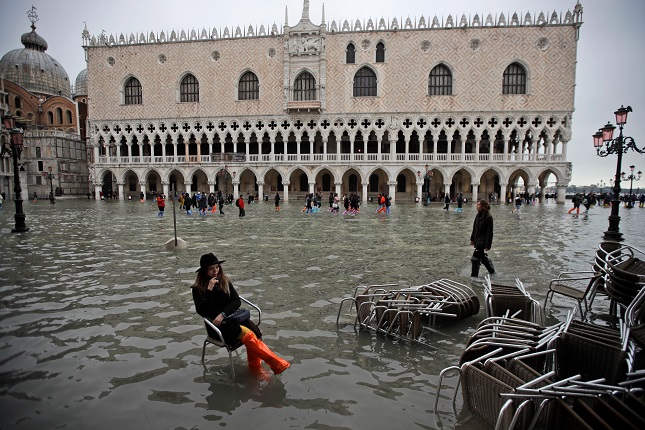Behind this is the dissatisfaction of young Americans with the US' Middle East policy, which enables regional conflicts. The US Middle East policy is backfiring, further dividing an already fractured American society and presenting political challenges for the Biden administration during the election season.
Amid escalating student protests, Columbia canceled in-person classes, dozens of protesters were arrested at New York University and Yale, and the gates to Harvard Yard were closed to the public on Monday. "It's a really outrageous crackdown by the university to allow the police to arrest students on our own campus," a student from New York University told the media.
Police arrested more than 100 students from Columbia on charges of trespassing. Experts believe that a major controversy is whether student demonstrations should be classified as anti-Semitism, and it is also tricky to strike a balance between defending freedom of speech and curbing hate speech on college campuses.
However, these protests reflect a widespread sense of sorrow among students and teachers about the humanitarian disaster caused by the US' biased Middle East policy toward Israel, and a strong aversion to the profit-driven and loss of basic human judgment in US foreign policy. The students and teachers' demand is simple: the US government should stop providing money, weapons and ammunition to Israel, so as to stop exacerbating this humanitarian crisis.
Since the Israel-Palestine conflict began, the number of casualties has been constantly increasing every day. It is essential to de-escalate the situation as soon as possible and stop innocent civilians from becoming victims. This is a basic human right. The protests in American universities should serve as a wake-up call regarding US' Middle East policy, which is becoming increasingly unpopular. The US' continued bias toward Israel will only lead to more dissatisfaction among the public.
The crackdown by US police on campuses clearly reflects that the US government's policy is against the American public. It also reflects the double standards and hypocrisy of the US on issues of free speech and human rights. "American university faculty and students are a group within American society that possesses a spirit of reflection. Their protests not only reflect how disappointed the American public is with the government but also strongly express their expectations for US policy to take the right direction. However, the country's healthy and rational voices are very scarce, and the space for these voices is becoming narrower," Li Haidong, a professor at the China Foreign Affairs University, told the Global Times.
In fact, the US is not only standing against the American public but also against humanity. Gaza has faced a humanitarian disaster. Calling for an end to the disaster is a humanitarian resonance, based on the value of human life, and is a spontaneous action taken by humanity.
If the US continues to persist in its bias, it will ultimately lead to failure for the US.
Since the Israeli-Palestinian conflict, protests have been ongoing within the US and even among Western countries. Although the recent university protests have been massive, experts think that the US has limited room to adjust its policy toward Israel.
Shen Yi, a professor at Fudan University in Shanghai, warned that "If the US continues to unconditionally favor one side of the conflict, the current US government will eventually pay a political price." The US' unpopular foreign policy is deepening the divide between the government and the people, leading to further social unrest. The US has always positioned itself on a moral high ground, advocating for freedom and looking down on other countries. However, the widespread protests in support of Palestine across American universities have shattered the US' moral halo.
Photo © Tang Tengfei / GT.
Source: The Global Times.
































